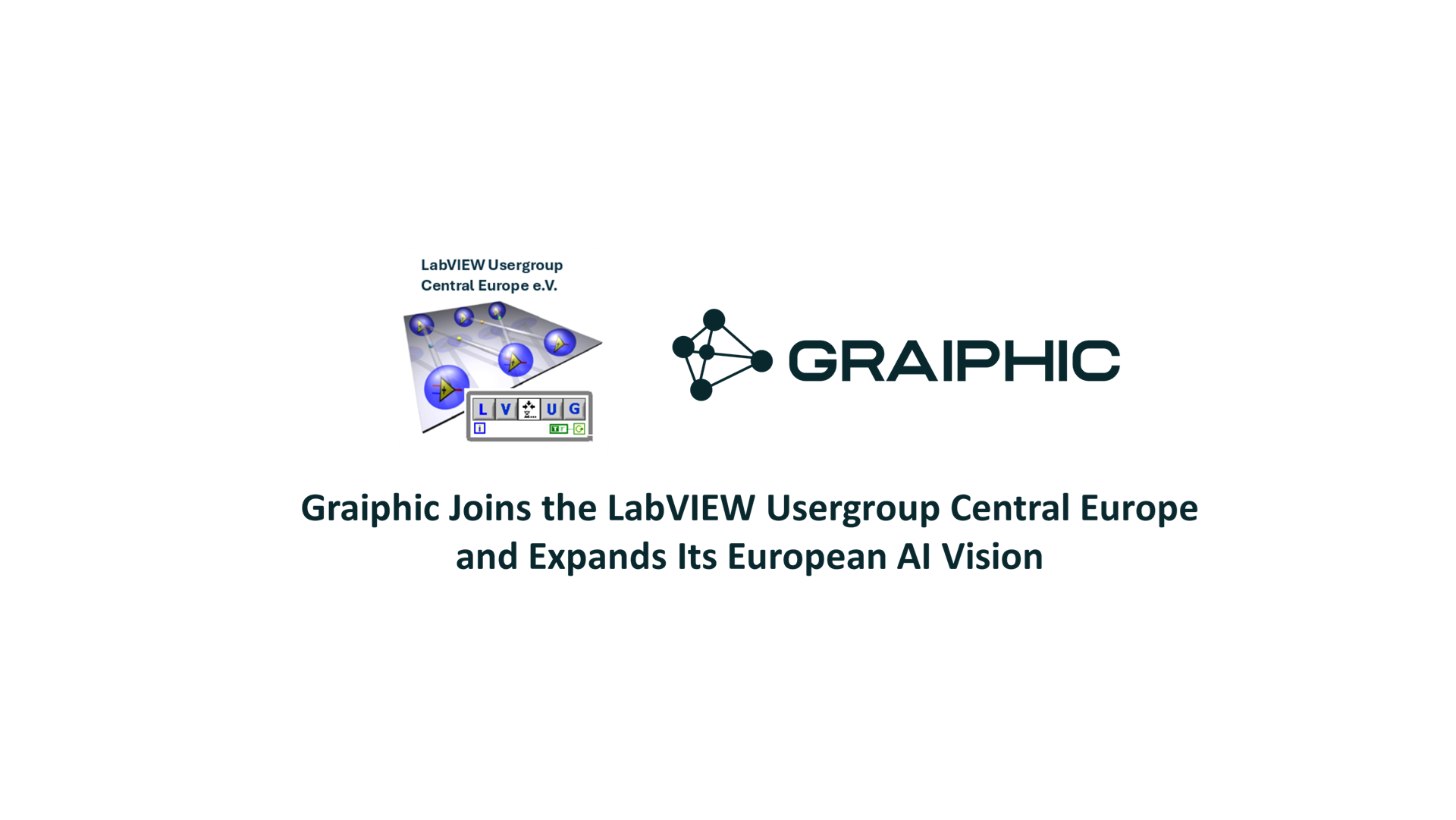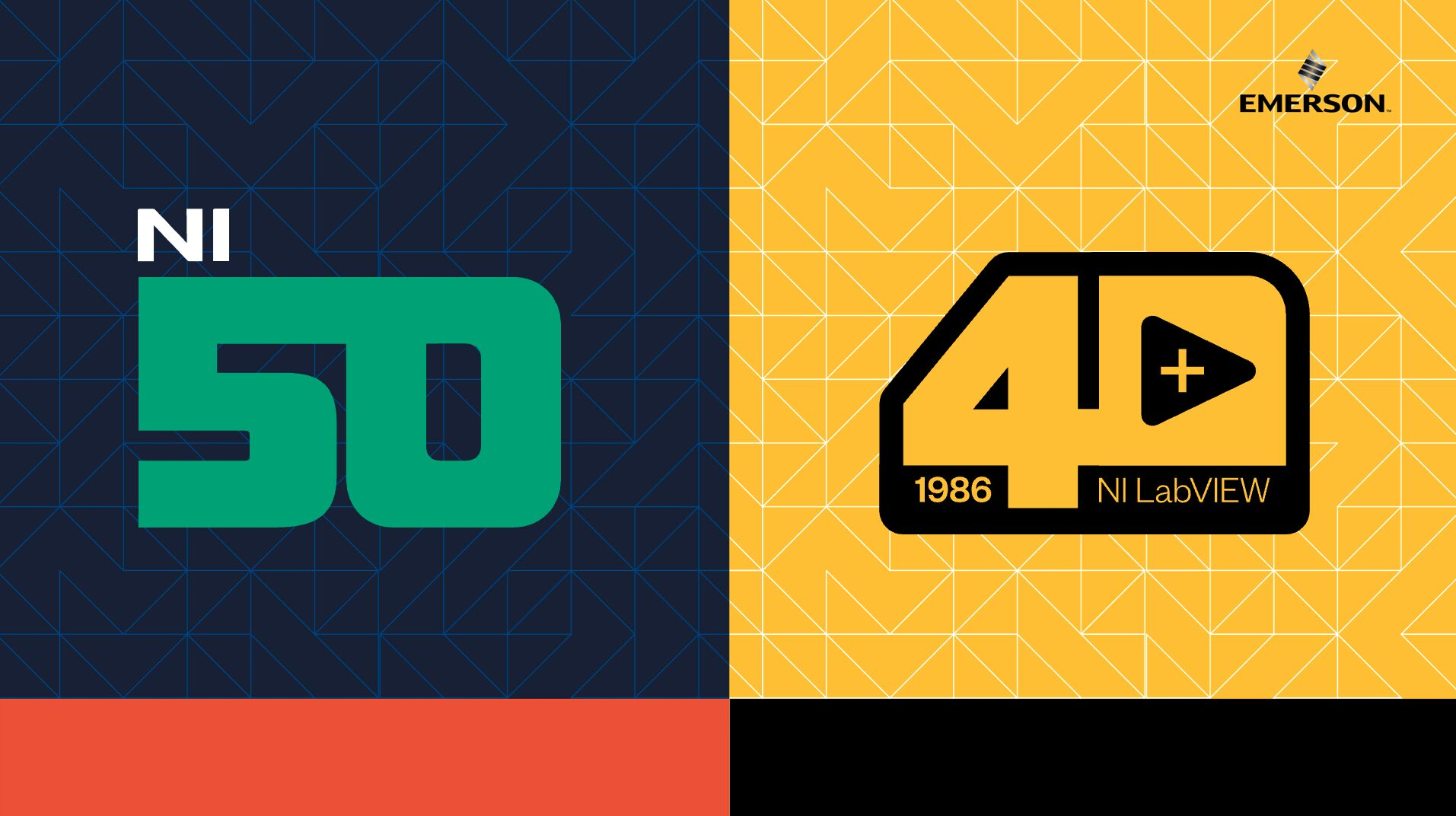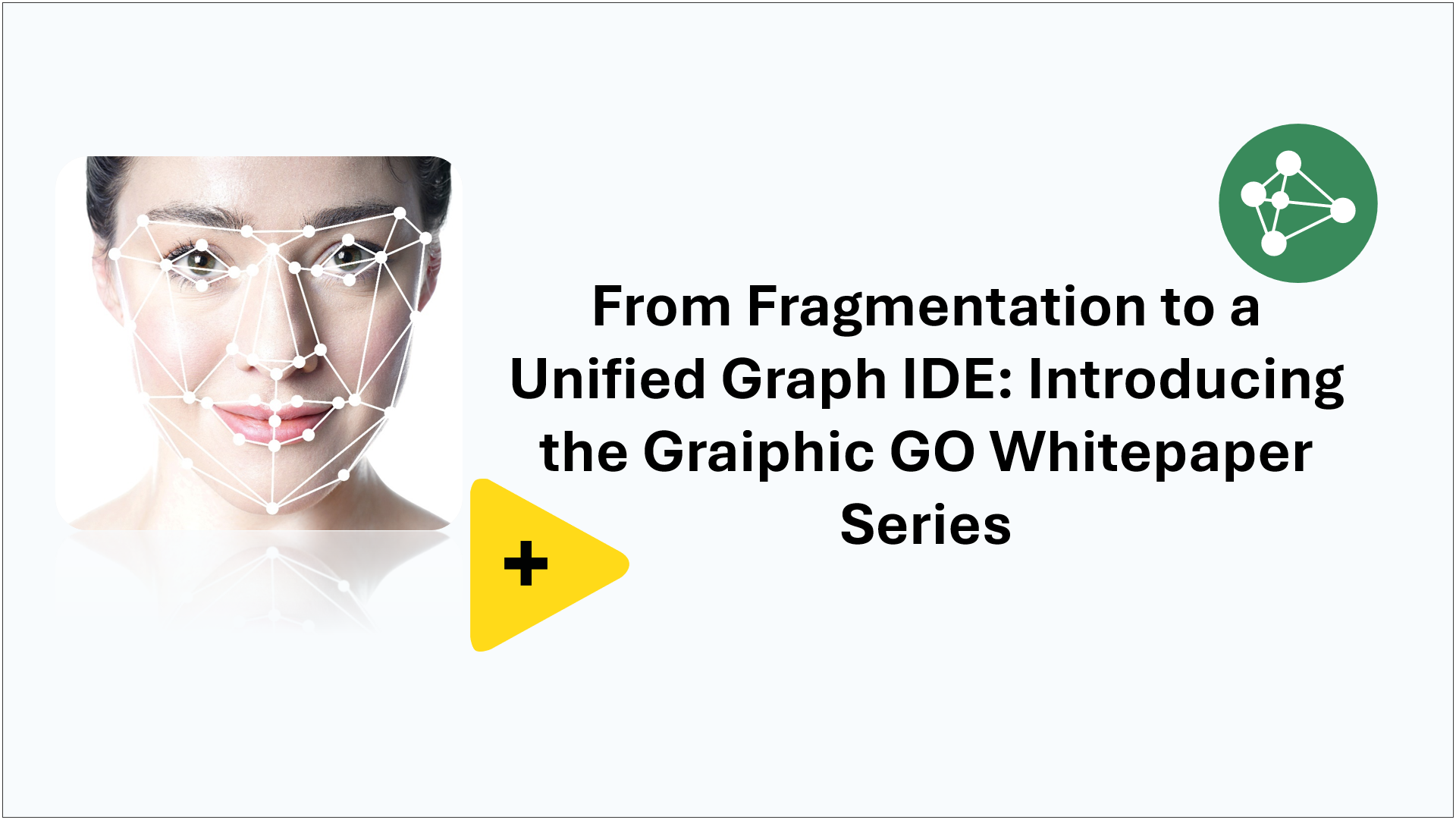When AI evolves from data-driven to knowledge-enhanced, the possibilities are endless.
Informed Machine Learning (IML) is a transformative approach that integrates prior domain knowledge into the machine learning process, resulting in systems that are more accurate, interpretable, and efficient. As highlighted in a groundbreaking study by CIAD researchers, including Sarah Ghidalia and Christophe Nicolle, IML leverages structured representations of knowledge, such as ontologies, to embed rules and constraints into AI models. This enables AI to not only learn from data but also adhere to fundamental principles of the domain it operates in.
The CIAD Advantage: Driving Innovation in IML
The CIAD laboratory has been pioneering the use of Ontology-based Physics-Informed Machine Learning (OPIML), which automates the integration of physical laws into neural networks. By encoding these laws as mathematical constraints within the loss function, OPIML ensures models that are both physically consistent and computationally efficient. This methodology, which has been applied successfully in fields like material science and building thermal modeling, demonstrates significant potential for energy-efficient AI solutions. As the CIAD’s research shows (read the paper here), these innovations can drastically reduce the computational overhead of training models while improving their reliability.
Why Does This Matter for Sustainability?
Energy consumption in AI is a growing concern. Traditional machine learning approaches rely on massive datasets and extensive computational resources, often leading to significant carbon footprints. In contrast, IML can optimize training processes by embedding domain-specific constraints and reducing reliance on purely data-driven learning. This results in faster convergence, lower energy usage, and environmentally responsible AI solutions—a critical factor in meeting global sustainability goals.
How SOTA Powers IML
At Graiphic, our SOTA ecosystem embodies the principles of informed machine learning. By supporting ontology-based workflows, SOTA allows developers to integrate structured knowledge into their AI models effortlessly. The platform is designed to:
- Enhance Accuracy: Incorporate prior knowledge to create models that align with real-world principles and constraints.
- Promote Efficiency: Reduce computational requirements by guiding learning processes with domain expertise.
- Drive Sustainability: Lower energy consumption through streamlined training pipelines and optimized workflows.
By collaborating with forward-thinking laboratories like CIAD, Graiphic aims to further expand the capabilities of SOTA in fields such as energy optimization, environmental modeling, and sustainable urban development.
The Future of IML with SOTA
The potential outcomes of informed machine learning are vast. From enabling faster AI adoption in energy-intensive industries to pioneering green technologies, IML represents a paradigm shift in how we approach AI development. By focusing on reducing energy consumption and enhancing interpretability, IML aligns perfectly with the growing demand for responsible and sustainable AI solutions.
Join the Movement
Are you ready to lead the charge in sustainable AI? Contact us today to explore how SOTA can empower your informed machine learning projects and drive impactful change.
PDF LINK









